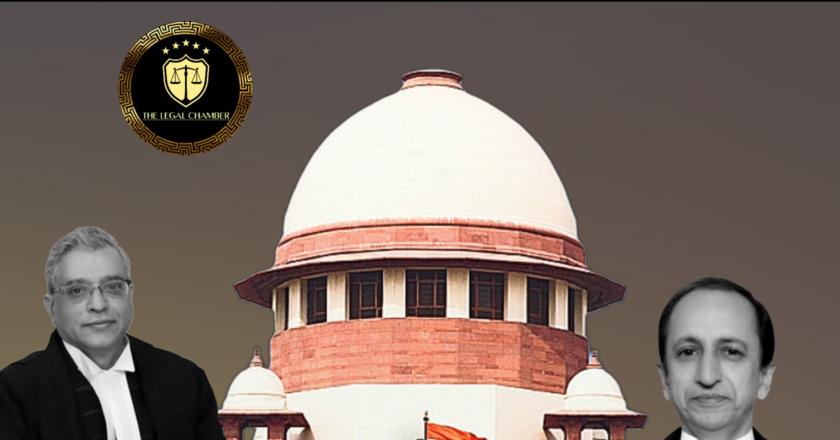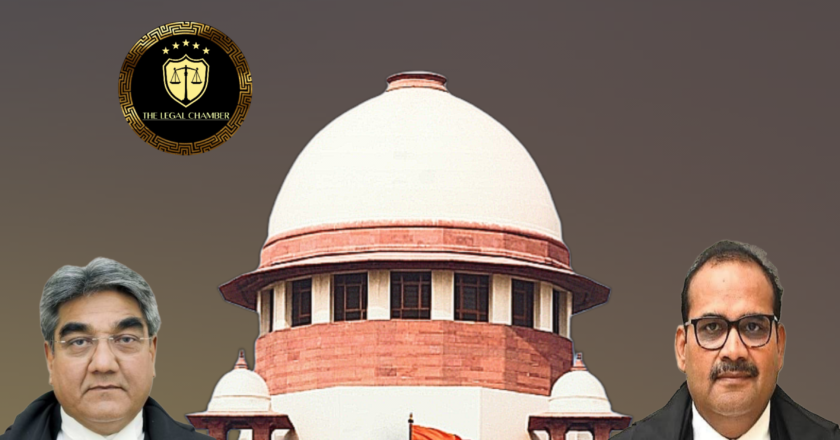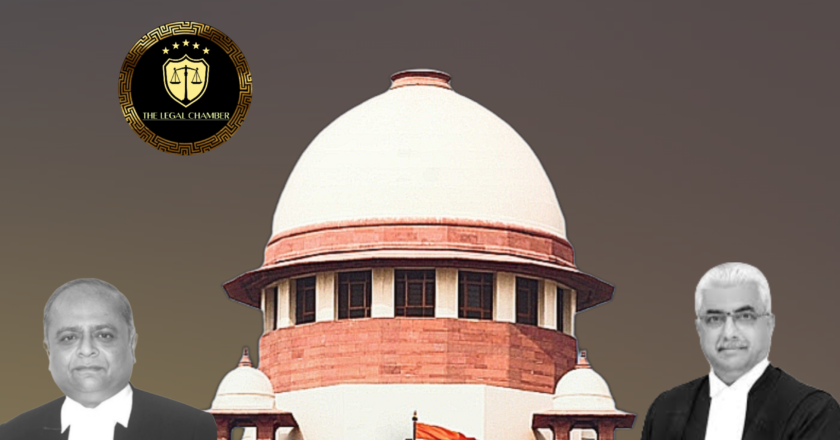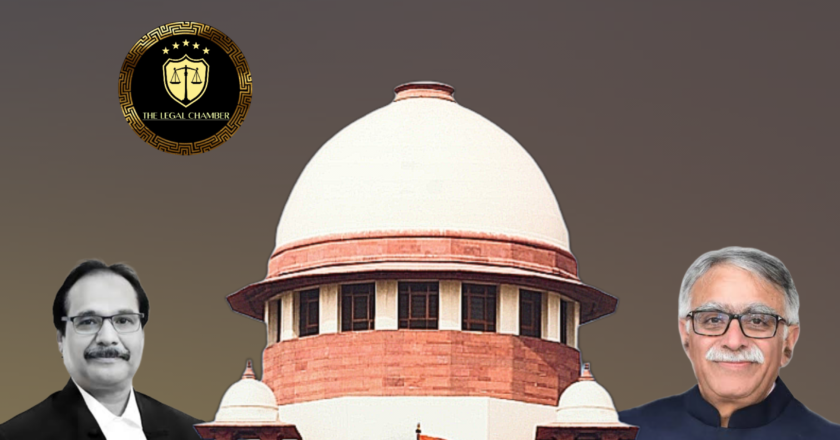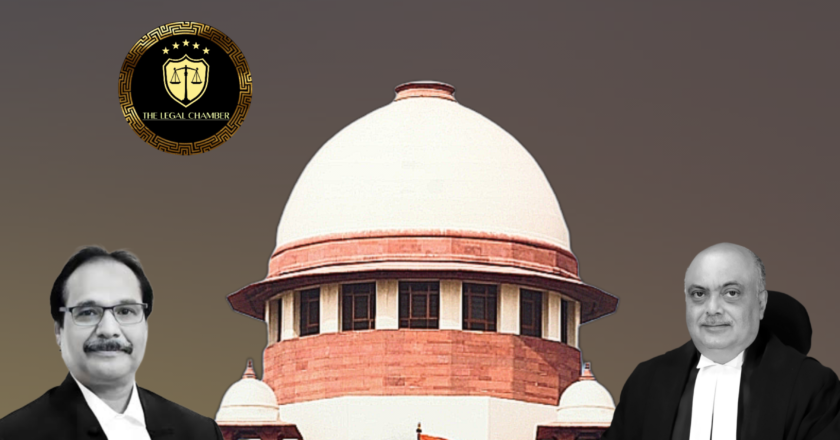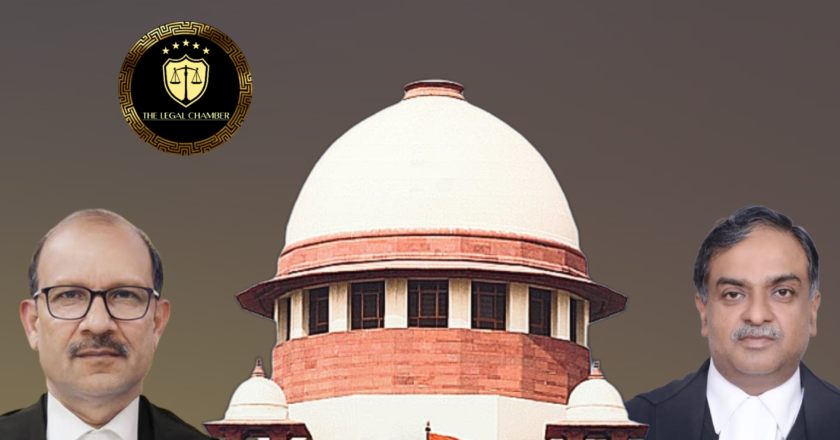Supreme Court Rules on Vicarious Liability in Group Assault Case
In this Supreme Court judgement, the Supreme Court affirmed the conviction of appellants under Sections 302 and 307 read with Section 149 IPC. The Court clarified that vicarious liability under Section 149 applies when a member of an unlawful assembly shares its common object, irrespective of direct commission of the fatal act. It upheld that active facilitation and participation in a coordinated attack establishes guilt.
Facts Of The Case:
On April 27, 1999, Ankush Gholap and others were returning from Bhor in a jeep when they were intercepted by six accused persons on two motorcycles. The accused, armed with weapons like knives and a sattur, stopped the jeep near Navi Ali. Accused no. 3 removed the jeep's keys and assaulted the driver, while the others dragged Ankush and two other occu...

